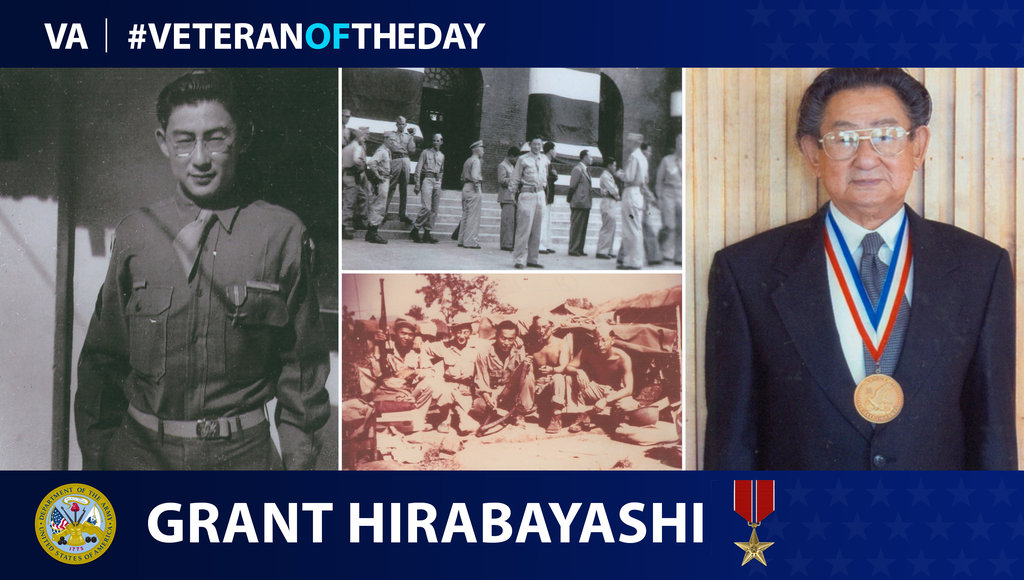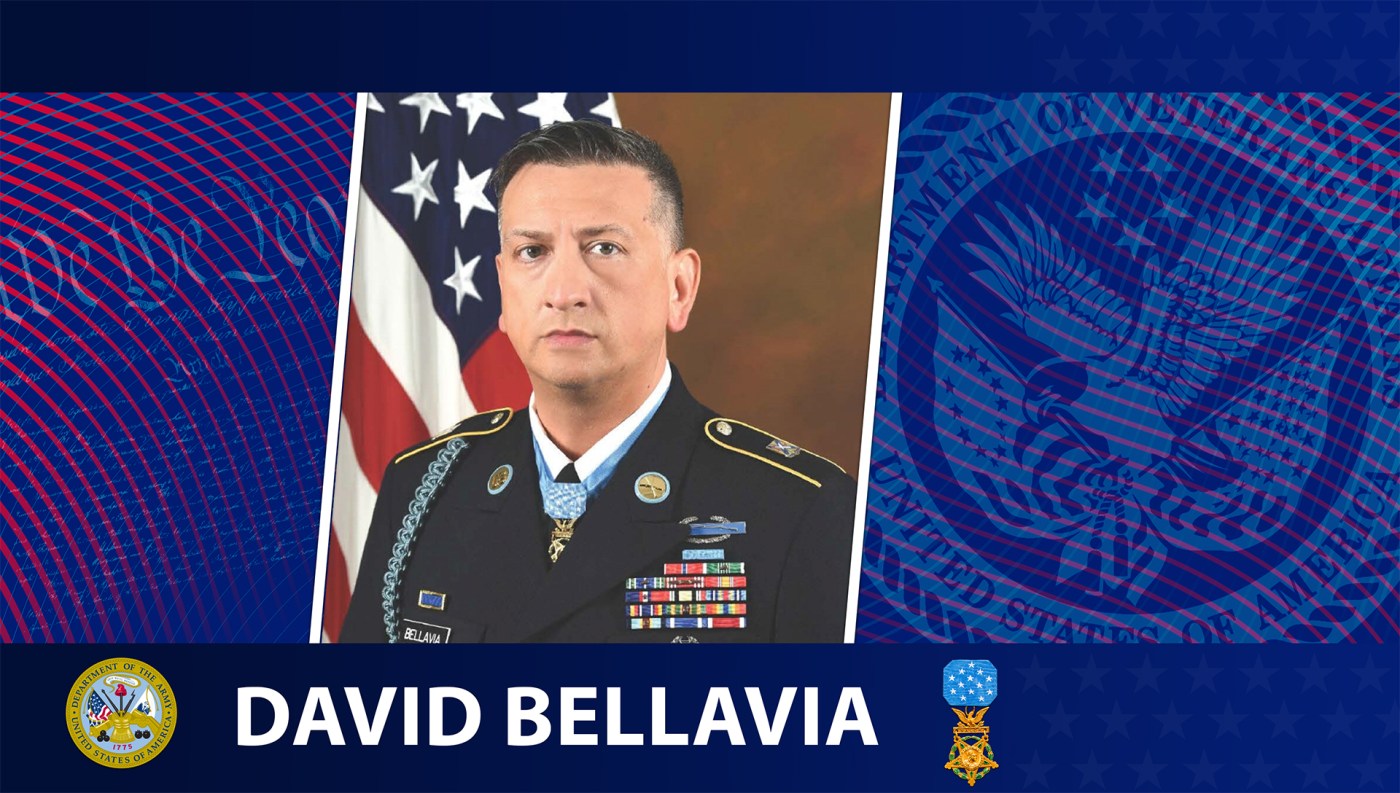
Today’s #VeteranOfTheDay is Army Veteran Grant Jiro Hirabayashi. Grant served as one of Merrill’s Marauders during World War II.
Today’s #VeteranOfTheDay is Army and WWII Veteran Grant Jiro Hirabayashi.
At the urging of his older brother, and when he was just eight-years old, Grant Jiro Hirabayashi left Japan. It was 1940, and his brother felt the deteriorating relations between Japan and the United States would soon make conditions dangerous.
A year later, following the attack on Pearl Harbor, Hirabayashi and other Japanese-American citizens were sent to an internment camp at Jefferson Barracks.
Hirabayashi earned his US high school diploma ten years later, and was quickly drafted into the army. When he graduated basic training, he served as a flight clerk for the Army Air Corps until 1942–where all Japanese-Americans in the Air Corps were reassigned. Later, Hirabayashi was sent to Military Intelligence School, and became deeply immersed in the Japanese language. While there, he volunteered for a dangerous and secret mission to Burma in 1943.
In Burma, Hirabayashi and his fellow soldiers were trained in jungle warfare by both American and British instructors. The goal of his unit, Merrill’s Marauders, was to defeat the Japanese 18th Division and capture the all-weather airstrip of Myitkyina to disrupt supply of Japanese troops. It also allowed American supply planes a route into China.
After five major battles and 30 minor engagements, the Marauders were successful in capturing the airstrip. Hirabayashi spent the remainder of the war in China as an interpreter and interrogator of Japanese prisoners. When the war ended, he served as the personal interpreter for the American observer to the Japanese surrender in China.
Hirabayashi was discharged in Nov. 1945 and went to teach Japanese at the Military Intelligence School in Minnesota. In 1947, he worked for the Supreme Commander of the Allied Power Legal Section, where he translated and interpreted the Yokohama war crime trials. Afterwards, Hirabayashi returned to the United States and earned a degree in International Relations from the University of Southern California. He worked for the Department of the State and the Library of Congress, and later retired from the National Security Agency in 1979. In 2004, he was inducted into the Ranger’s Hall of Fame. Grant Hirabayashi died in 2010. He was 91.
More of his story can be found at http://memory.loc.gov/diglib/vhp/story/loc.natlib.afc2001001.28498/.
We honor his service.
Nominate a Veteran for #VeteranOfTheDay
Do you want to light up the face of a special Veteran? Have you been wondering how to tell your Veteran they are special to you? VA’s #VeteranOfTheDay social media feature is an opportunity to highlight your Veteran and his/her service.
It’s easy to nominate a Veteran. All it takes is an email to newmedia@va.gov with as much information as you can put together, along with some good photos. Visit our blog post about nominating to learn how to create the best submission.
Veterans History Project
This #VeteranOfTheDay profile was created with interviews submitted to the Veterans History Project. The project collects, preserves, and makes accessible the personal accounts of American war Veterans so that future generations may hear directly from Veterans and better understand the realities of war. Find out more at http://www.loc.gov/vets/.
Contributors:
Graphic designer: Lillian Vo
Editor: Jennifer A. Ford
Fact Checker: Gareck Stanley
Topics in this story
More Stories
This week’s Honoring Veterans Spotlight honors the service of Army Veteran David Bellavia, who received a Medal of Honor from the Iraq War’s deadliest operation, the Second Battle of Fallujah.
This week’s Honoring Veterans Spotlight honors the service of Army Veteran Scotty Hasting, who served in Afghanistan.
This week’s Honoring Veterans Spotlight honors the service of Army Veteran Roy Sheldon, who served in 97th General Hospital in Frankfurt, Germany.







I absolutely enjoy hearing stories of veterans that fought before I did. This is the kind of history we all need to learn and remember. Thank you for keeping these memories alive!